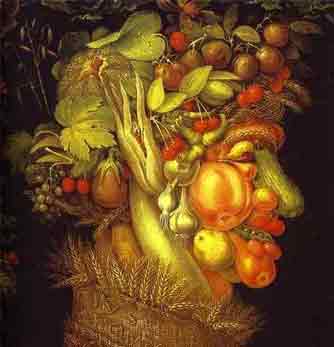
The other day I learned about a man who suffered from severe epilepsy, so he received extreme treatment: the severing of his corpus callosum, a part in the brain which connects both the left and right brain hemispheres, allowing information to be transmitted to both sides. It was like the man had two different brains, but he was still able to go about his daily life. In one experiment the man took part in afterwards to help a scientists research study, he was asked to sit at a computer and look at images either on the right side of a divider on the screen or the left side. The images we see on the left are sent to the right side of the brain, which sees only the whole image, not the individual parts. The images we see on the right are sent to the left side of the brain, which only sees the individual parts. The left brain (which sees the individual parts) is the organized/planning/logical/sequential side of the brain. The right side of the brain (which sees the whole picture) is the artsy/big picture oriented side
The Man was asked to look at pictures made by the artist Giuseppe Arcimboldo, who is famous for his pictures of faces made out of objects such as vegetables, fruits, and books. Interestingly, when the man saw the picture on the right, he only saw the vegetables. However, when the image was flashed on his left, he reported only seeing a normal looking face.
This got me thinking about construction: the process vs. the final product. This man can experience something none of us can- he can look at a final product, see it, and then look at it differently and see all of its parts. A pile of vegetables is not very unique or special, but put together into a face, it's an artistic masterpiece. We don't have this opportunity to look at something and see the individual parts, the process. Which, can sometimes be a lot more important than the final product, in my opinion. Personally, I think that teachers value final products a lot more than the work and parts involved. Does our ability to only see "final constructions" inhibit us from appreciating things to their full extent?
No comments:
Post a Comment